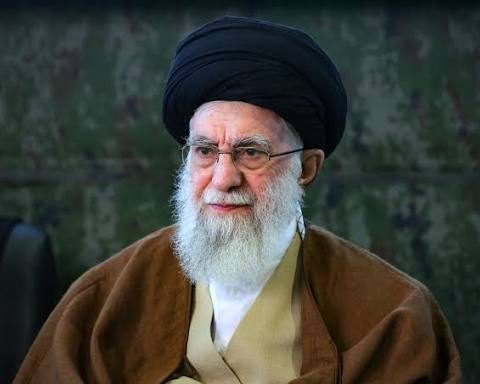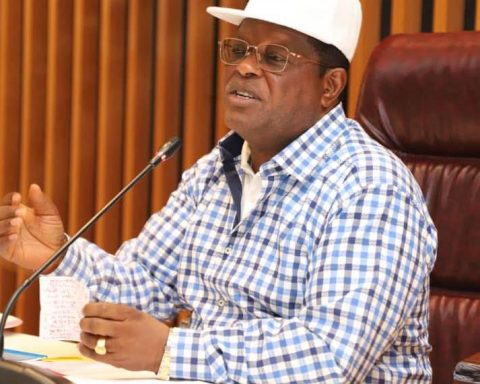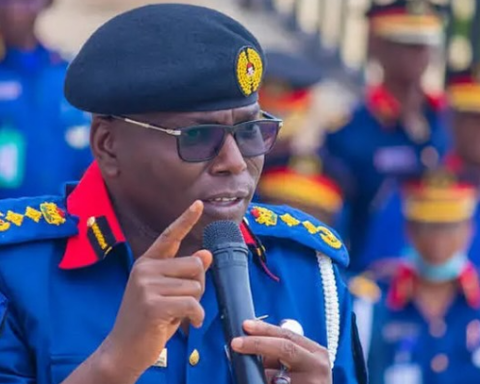United Nations Secretary-General António Guterres has called for justice, dignity and equality for people of African descent worldwide, warning that the legacies of slavery and colonialism still shape societies today.
In a message marking the International Day for People of African Descent, celebrated on 31 August, Guterres praised the “extraordinary” contributions of people of African descent across every field, while acknowledging the “long shadows” cast by centuries of oppression. Those include systemic racism, unequal economies, and limited access to digital technologies.
Join our WhatsApp Channel“White supremacy and dehumanising narratives are amplified by social media, and, too often, racial bias is encoded in algorithms,” the UN chief said.
He highlighted the Global Digital Compact, adopted in 2024, as an important step toward addressing these inequalities by committing governments and institutions to confront discrimination and hate speech online.
The Secretary-General noted that 2025 marks the start of the second International Decade for People of African Descent, which will run until 2034 under the theme “Recognition, Justice, and Development.”
The decade builds on progress made between 2015 and 2024, when more than 30 countries introduced new laws or policies to tackle racial discrimination, and the UN created the Permanent Forum on People of African Descent.
READ ALSO: UN Chief Seeks Protection Of Aid Workers As Over 380 Killed Last Year
“Eighty years after the UN Charter reaffirmed the equal rights and inherent dignity of every human being, and sixty years since the adoption of the Convention on the Elimination of All Forms of Racial Discrimination, it is long past time to right historic wrongs,” Guterres said.
He urged governments to use the next ten years to drive “real change,” including the development of a UN Declaration on the human rights of people of African descent.
The International Day for People of African Descent, first observed in 2021, aims to honour the contributions of people of African heritage and draw global attention to the injustices they continue to face.
- John Adoyi
- John Adoyi
- John Adoyi









